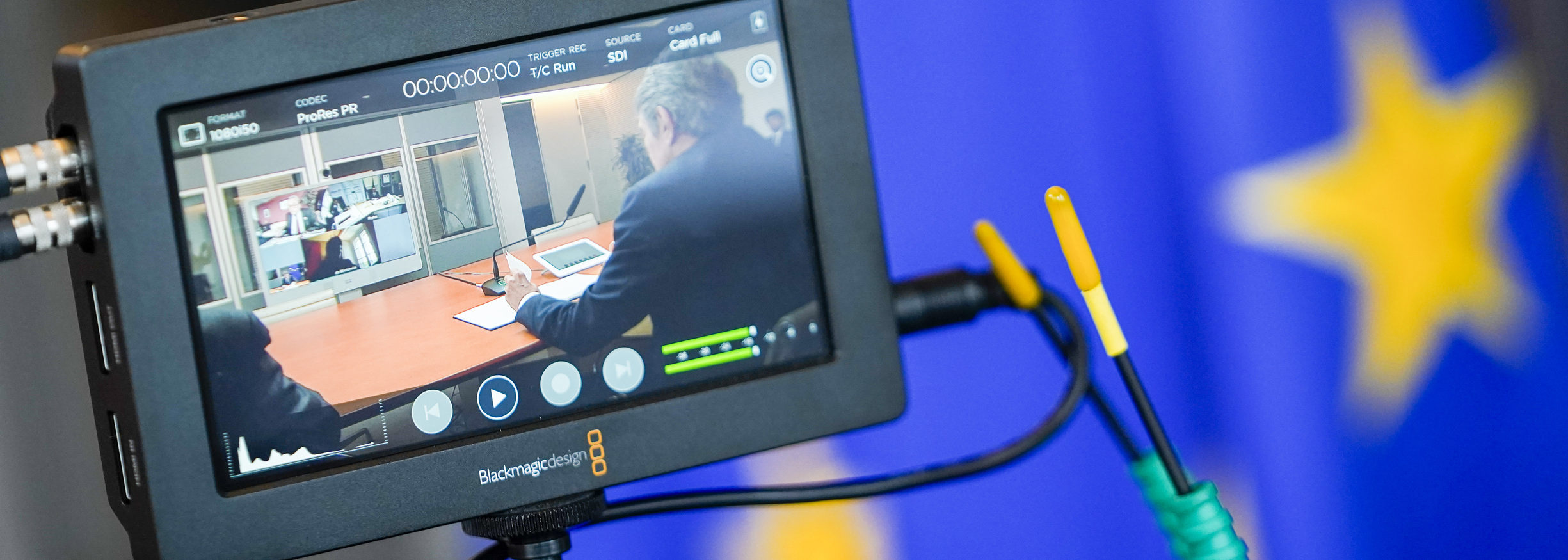Russia-Ukraine: a sustainable ceasefire is needed to revive talks
18/02/2022
Today, 18 February 2022, the European Institute of Peace released a new report in close consultation with Russian and Ukrainian experts following a two-year-long process on the Minsk peace accords and Russia-Ukraine relations.
The report highlights that any progress in overcoming the dangerous political stalemate needs to be immediately accompanied by concrete steps to establish a sustainable ceasefire at the ground-level of the conflict in east Ukraine. The current military build-up along the Ukrainian border is a reminder that the conflict can turn into a major security crisis in Europe. Despite the formal agreements signed seven years ago, continued conflict and violations of the ceasefire are reported on an almost daily basis.
A sustainable ceasefire, the report states, is crucial to avoid an accidental war, and puts forward a ceasefire management tool known as a “Coordination and Verification Mechanism” (CVM) that would be facilitated by a reinforced OSCE Special Monitoring Mission to Ukraine (SMM).
The tool would provide a 24/7 liaison across the Line of Contact (LoC), verification of compliance with ceasefire commitments and coordination and consistent follow-up of incidents.
Speaking ahead of the release of the report, the European Institute of Peace’s Executive Director Michael Keating said:
“It’s very encouraging that experts on both sides agree that a ceasefire management tool is needed. This can be the first step towards de-escalation.”
The European Institute’s Senior Advisor, Robert Serry and moderator in the dialogue process added:
“The group of experts reached a basic understanding that a sustainable and durable ceasefire is a prerequisite for political progress. It is of vital importance to preserve the OSCE/SMM in the critical period ahead and strengthen its third-party facilitating role. CVM is offered as a building block that could become part of a much needed package of political, security and humanitarian measures to start de-escalating the crisis.”
Andrey Zagorsky, Head of the Department for Disarmament and Conflict Resolution Studies at the Primakov National Research Institute of World Economy and International Relations (IMEMO) in Moscow said:
“This report elaborates on measures that can help achieving a sustainable ceasefire by an enhanced impartial monitoring and verification of compliance by both parties with their commitments. Consolidating the ceasefire is important for both, moving forward with conflict resolution and the de-escalation of the current tensions.”
Mykola Kapitonenko, Director of the Centre for International Relations Studies in Kyiv said:
“This report deserves to be considered seriously, not least because a sustainable ceasefire saves Ukrainian lives.”
A security expert and former Principal Deputy Chief Monitor of the OSCE/SMM, Alexander Hug, commented:
“The implementation process of the Minsk agreements lacks an effective mechanism of verification establishing accountability for violations and preventing their recurrence. The proposals by EIP could form the basis to build a structure in support of efforts to make the ceasefire sustainable and irreversible.”
The release of the report comes seven years since the Package of Measures for implementation of the Minsk agreements called for an “immediate and comprehensive ceasefire in certain areas of the Donetsk and Luhansk regions of Ukraine and its strict implementation.”
The European Institute of Peace is an independent body providing practical experience, technical expertise and policy advice on conflict resolution, including dialogue and mediation, working with people most at risk, optimising the role of European actors. For media requests, please contact Paul Nolan, Public Affairs and Communications Officer at the European Institute of Peace (paul.nolan@cg9lzbbryk.preview.infomaniak.website)

